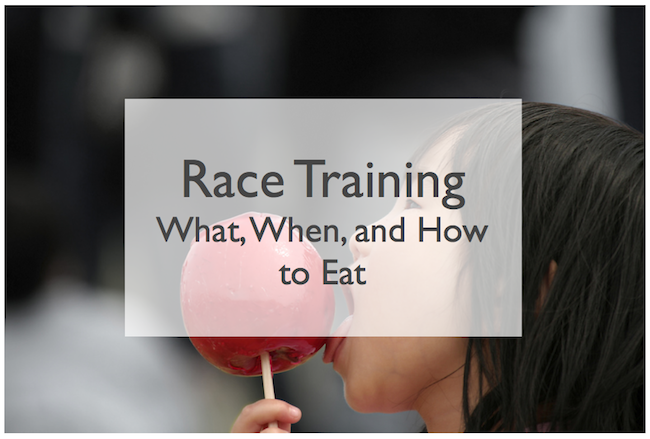Races, we all have done them, want to do them, or have plans of doing them sometime in the future. Pretty much everyone who works out wants to compete in some sort of race at some point in their lives. Whether it be a 5k or an ultra marathon, there are certain things we can all consume to make our training easier and our results better.
What
The average person burns 100 calories per mile run. Depending on the race you are running, your calorie intake may increase a small amount, or vary greatly. Most people other than those competing for marathons do not need to massively increase their calorie load per day. The average racer should eat between 60%-70% healthy carbohydrates like vegetables and whole grains, 20%-30% fats that are high in omega-3, and 10%-15% lean protein like fish or chicken. If we break this down on a 2,000 calorie diet, it means that the average runner should have as much as 1,400 calories from carbs, 600 calories from fats, and 300 calories from protein.
It is important for runners to eat so much carbohydrates because the stored version of carbs, known as glycogen, is what our body uses to re-fuel while running. When glycogen levels get depleted, a runner will feel fatigued. Athletes also need up to 50% more protein than the average adult. Protein is used in muscle growth and repair- it is pretty obvious that athletes training will need extra protein for extra growth compared to sedentary adults. Just be sure not to overload on the protein; it is much harder to burn off than carbs during a run.
Check out this article for a full breakdown of servings per day.
When
When we eat is as important as what we eat when training. It is best to refuel with a snack within the 30-minutes after finishing a run. Great post-run snacks have both healthy carbs and protein. This will help renew your glycogen storage after an energy depleting run and increase muscle growth and repair. A great post-run snack should have 75% carbs and 25% protein. Smoothies and protein bars are great options after a run. Another great option is one serving of bread (one slice or half a bagel) with peanut butter.
Our bodies begin to rebuild muscle and renew glycogen levels 30-minutes after a workout. When we eat within this 30-minute window, we are giving our bodies more nutrients to work with. This will help keep our metabolism going and decrease soreness. Eating 90-minutes to 2-hours before a run will also help boost energy without weighing you down. It is best to have whole carbs before a run and low protein and fats.
How
The things we eat are equally as important as the percentage fats, proteins, and carbs and when we eat them. Great foods for runners include lean proteins like chicken and fish, almonds with their high amounts of omega-3 fats, whole grain pastas and breads, yogurt, black beans, and eggs. Most dieticians recommend eating six times per day. Three of these times should include whole meals and three should be snacks. Great snacks include yogurt, fruit, and almonds. Meals should follow the 60-30-10 principle listed above.
